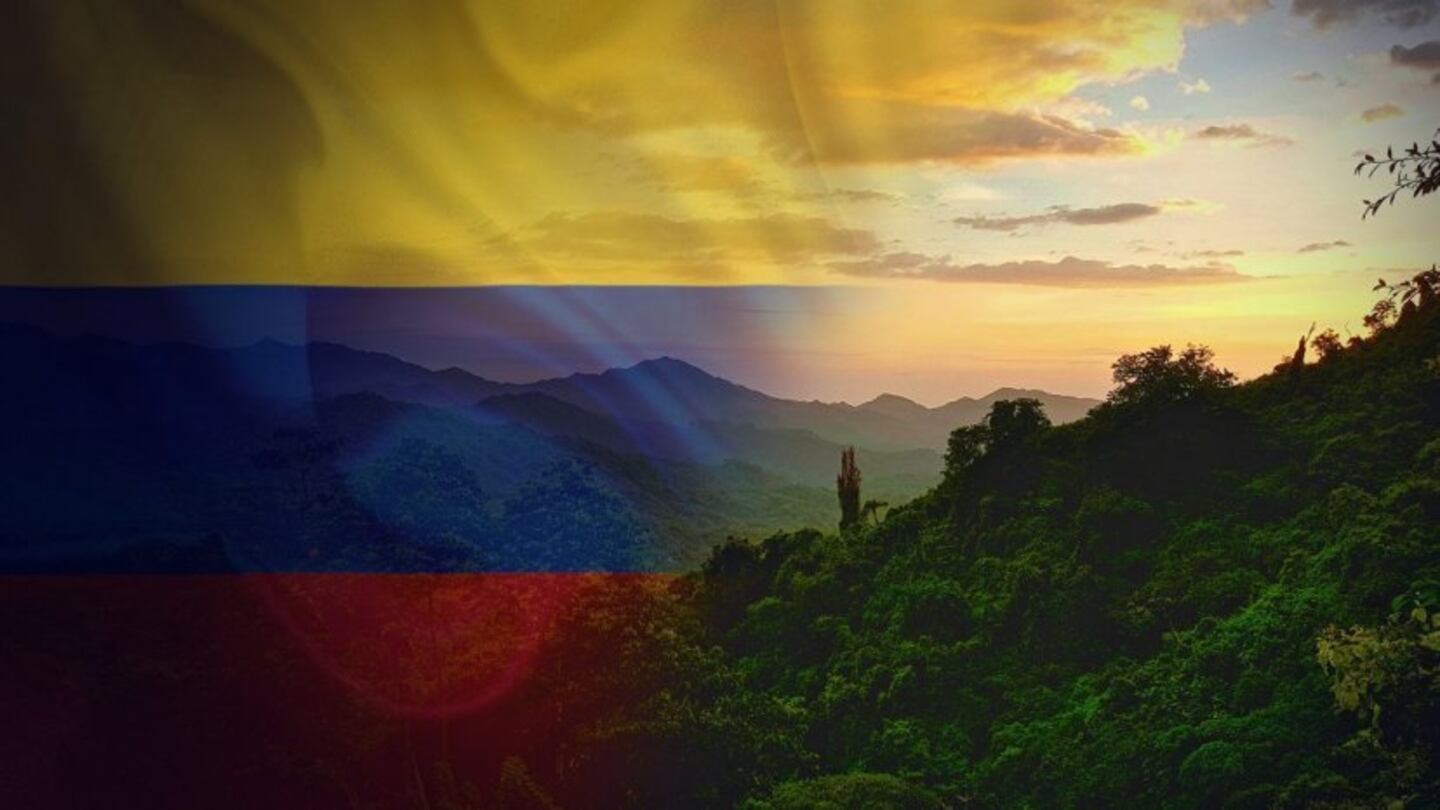A group of Māori university students have arrived in the South American country of Colombia to learn more about indigenous cultures through their business and agriculture. They have also had a cultural exchange visit with the indigenous Muisca community.
One of the students on the exchange is Waikato University's Manaia Lewis Wano, from Ngāti Kahungunu, Ngāti Awa, Te Arawa, and Tūhoe, and she says although they have only been there for a couple of days, she has enjoyed the experience so far.
“Our group has created a good relationship with the indigenous people here, and the food has also been delicious.”
“My main goal for this is to return home and discuss all of the new information to help and support my tribes.”
Centres of Asia Pacific Excellence is a programme which develops Māori business through international exchanges. Project lead Nathan Rahui says that travelling to Colombia is an experience of a lifetime and one that will give an opportunity for the students to take back home what knowledge they are given.
El Dorado connection
He says, “They're super keen to revitalise their different ways to keep that mātauranga handed down, so we heard some of their stories today of how they're doing that and implementing it into their mahi.”
The Māori contingent met the indigenous Muisca tribe today, where the mythical city of El Dorado derives from. When the Spanish Conquistadors arrived in the Americas, they heard a tale of an El Dorado that they eagerly pursued without ever finding. That tale had been based on and exaggerated from an ancient practice of the Muisca people who in ancient times would wrap a future chief in gold dust and float them on a lake. The Spanish then further expanded this, believing that there was once an ancient city made of gold.
The Muisca people once numbered nearly half a million but their population is now only down to 9000 people.
“Over the next couple of days we're going to look at what that looks like in the farming sector, the agribusiness sector and different aspects of business that the indigenous people are working at to better their people,” Rahui says.
The group will return on July 6.




